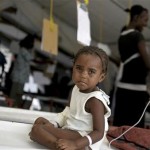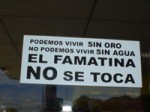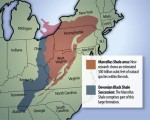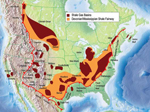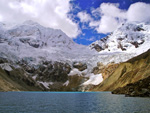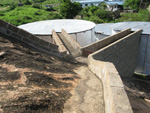Pioneering Cholera Scientist Gives Thumbs Down to Oral Vaccines Promoted for Haiti | Un pionnier scientifique du choléra dit que les vaccins oraux promus pour Haïti sont inutiles
By Rashid Haider, Haiti Chery. Prof. Richard A. Finkelstein, an eminent microbiologist and Nobel-Prize nominee for his pioneering studies on cholera, advises that for cholera “the best solution resides in providing safe drinking water and sewage disposal.” In Dec 2010, alarmed by the oral vaccination plans for Haiti, he wrote to the health officials, including Jon Andrus, the Deputy Director of the Pan American Health Organization (PAHO) that the proposed use of Dukoral was “a useless and expensive waste of resources.” This vaccine was not adopted, but a campaign immediately started for the use of Shanchol, another questionable oral cholera vaccine. (English | French)
Continue reading →
